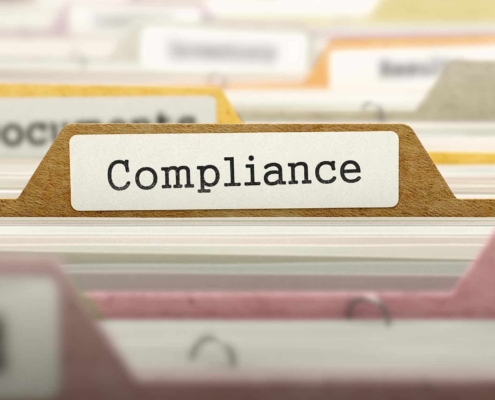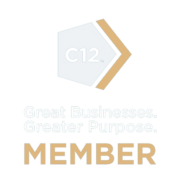Cybercrime Will Never Go Away
As long as data remains something of value, criminals will do anything they can to steal it or hold it for ransom. Cybersecurity is important for all organizations regardless of size or purpose, but some industries have established strict standards for data security.
Compliance is how industry regulators make sure all businesses are doing everything they can to protect customers, vendors, and themselves from data loss. Regulations and compliance should never be seen as optional; instead, compliance is a requirement to doing business, much like a bank account or payroll taxes. Tech and data are everywhere, and these devices collect and store information, from health and financial data to spending habits and personal interests. Identity theft is a costly crime that affects the victim and the organization that failed to protect the information.
This installment of our modern workplace series will take a closer look at how regulatory and cybersecurity compliance work together and how both are critical elements of a modern workplace.
Is There a Difference Between Security and Compliance?
While compliance is important, it’s crucial to understand that compliant doesn’t necessarily mean secure. Industry standards are, for the most part, a collection of reactions to cyberthreats, and the standards themselves suffer from a gap between the regulation and the latest threats. Security is the act of protecting your information; compliance is the documentation and reporting of these actions set against established protocols. By documenting how you protect your systems and users, your response to cyberthreats, the controls you put in place, and how you monitor their effectiveness, you can clearly explain your compliance efforts to stakeholders and auditors.
How Your Information Security Compliance Strategy Is Important to the Modern Workplace
Modern workplaces never ignore risk; they avoid it. Modernization is a commitment to ongoing optimization, and this mindset aligns perfectly with any effort to attain and maintain compliance.
Key Data Compliance Regulations
One of the primary reasons for data security is to protect personal data and financial information. Here are the major requirements of three industry data security regulations:
HIPAA
Most medical records exist in digital form, and the healthcare industry has struggled to standardize these records and make them easy to transfer from one provider to another. The danger is that this standardization makes it easier for these records to be stolen. This is why the HIPAA Security Rule requires healthcare professionals to:
- Protect patient privacy by setting up cybersecurity safeguards for all equipment, data storage devices, administrative software, and computer systems.
- Prevent unauthorized disclosure of private information.
- Prevent unauthorized access of private information.
PCI-DSS
When people think of ‘identity theft,’ the first thing that usually comes to mind is stolen credit card information. The payment card industry has 12 general requirements that are meant to secure and protect card users and merchants that accept payment cards:
- Protect your system with firewalls.
- Configure passwords and settings.
- Protect stored cardholder data.
- Encrypt transmission of cardholder data across open, public networks.
- Use and regularly update anti-virus software.
- Regularly update and patch systems.
- Restrict access to cardholder data to business need to know.
- Assign a unique ID to each person with computer access.
- Restrict physical access to workplace and cardholder data.
- Implement logging and log management.
- Conduct regular vulnerability scans and penetration tests.
- Document security measures and perform regular risk assessments.
NIST
The National Institute of Standards and Technology established voluntary cybersecurity frameworks that guide how businesses approach cybersecurity. They can be broken down into five general areas:
- Identify – Make a list of all equipment, software, and data you use, including laptops, smartphones, tablets, and point-of-sale devices.
- Protect – Control access, use security software, conduct regular backups, update security software, establish and maintain formal data security policies, and train all users to understand their role in data security.
- Detect – Monitor all computers for unauthorized access and investigate all unusual activities.
- Respond – In the case of a data loss event, have a plan for notifying customers, keeping business operations running, reporting the attack to law enforcement, investigating and containing the attack, updating your cybersecurity policy, and preparing for emergencies that may put data at risk.
- Recover – Repair and restore all parts of a network that were affected in an attack.
How Modern Is Your Workplace?
Managed service providers like SBT assess the greatest risks to businesses and implement information security systems of all types for organizations in any line of work to meet those risks. We make sure that cloud services are properly secured and managed, especially when they contain sensitive data. Our processes enable organizations to protect and back up their data to face any risk with the confidence that their ability to operate is protected.
SBT puts the processes and technology in place, so you meet and exceed any security compliance requirement. We start with a thorough risk analysis that identifies, assesses, and analyzes risk both on the likelihood of a breach and impact. We help you determine your risk tolerance based on this analysis and set controls to mitigate risk.
Whether you are looking to expand your operations or you have struggled to meet industry cybersecurity standards in the past, our experienced team solves these issues with scalable technology solutions, procedures that represent current best practices, and proven training that keeps your entire workforce up to date and compliant. Data protection and IT compliance are essential, and there is no reason to expose your customers, vendors, and employees to risk.
Reach out to us today for more information about how we can keep you safe and fully compliant.



